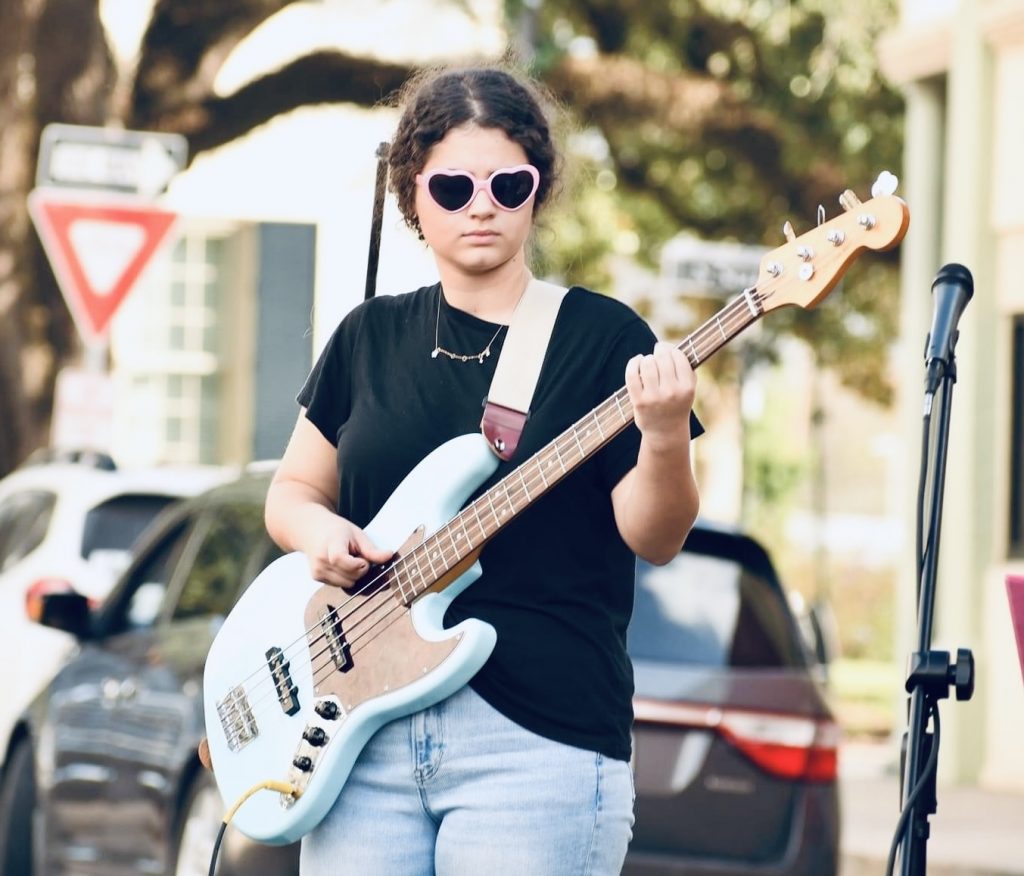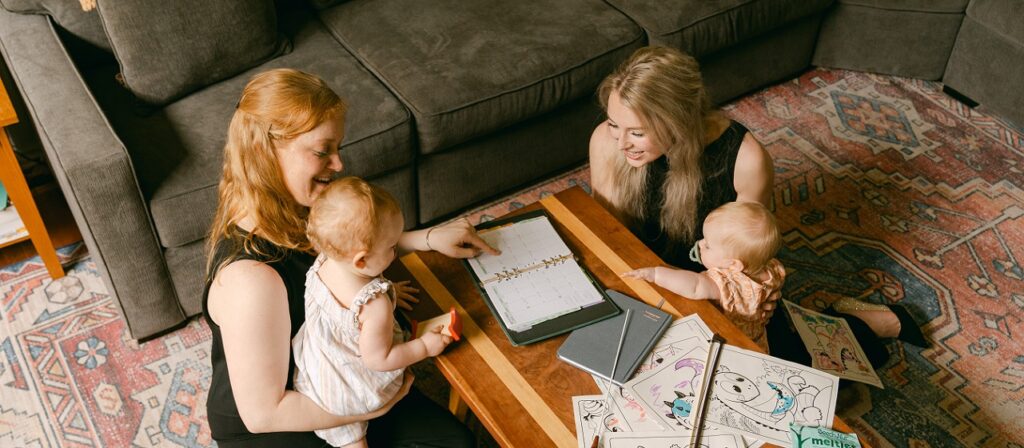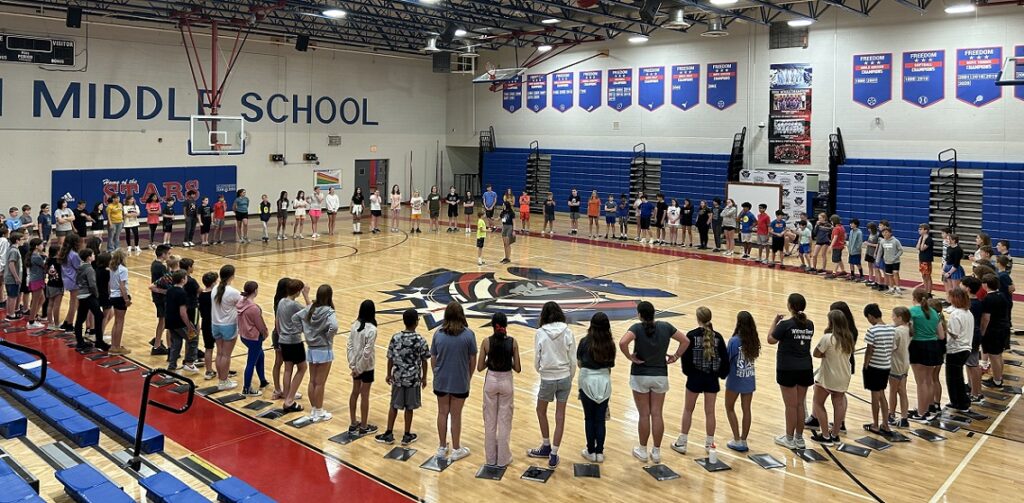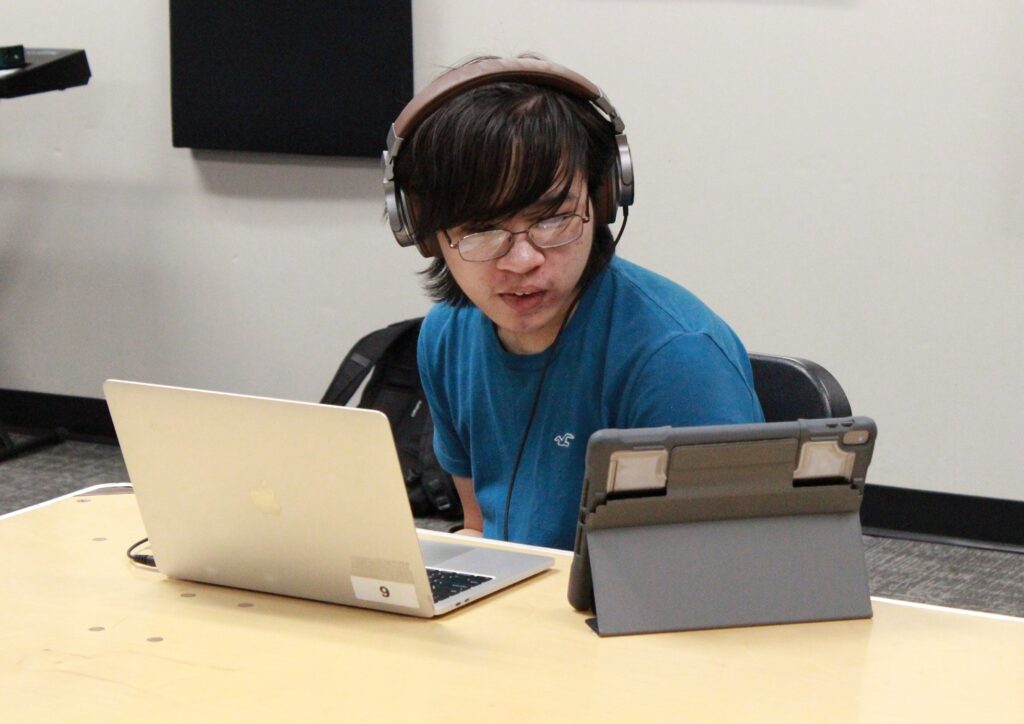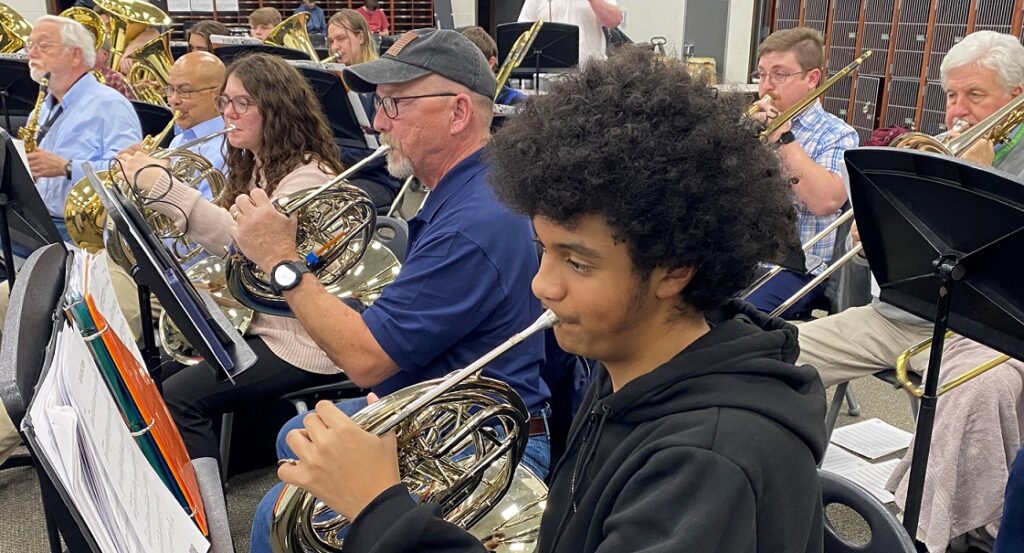Tagged Under:
Becoming the Passionate Black Educator
A Tennessee educator decided to tackle systemic racism in music programs and is now a sought-after advocate to help schools and organizations around the country implement anti-racist, healing-centered music curriculum.
Jasmine M.T. Fripp discovered a singing talent when she was in 4th grade, and she enthusiastically joined choirs at her school and church. Later, she was accepted into an arts-magnet school and performed frequently at events, belting out tunes to audiences. As exciting as it was to sing, Fripp, who is Black, struggled with feeling out of place.
“Whenever I would go to these events, I would rarely see kids who looked like me, let alone music educators who looked like me,” says Fripp, who lives in the Nashville area.
When she was a junior in high school, Fripp had the opportunity to work with Dr. Jeffery Redding, a renowned Black conductor. That is when everything changed.
“Within 30 minutes of working with him, I was in a puddle of tears,” Fripp recalls. “I finally saw me in front of a classroom. He made music so much more than notes on a page — he connected it to my life.”
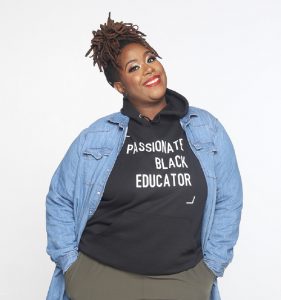 She made a youthful executive decision: “I’m not only going to become a music educator, but I’m also going to work in schools that have predominantly Black and brown programs.”
She made a youthful executive decision: “I’m not only going to become a music educator, but I’m also going to work in schools that have predominantly Black and brown programs.”
That was the birth of what would become Fripp’s professional moniker years later: The Passionate Black Educator, who works to promote anti-racism and music-education opportunities for students of color in schools around the country.
Sharing a Letter and a Cause
In 2020, during the COVID-19 pandemic, Fripp recalled that people had a lot of time to sit down and think about things that no longer served them. After the May 25, 2020, killing of George Floyd by Minneapolis police officers — a tragedy that sparked massive outrage and protests — issues surrounding racism came to the forefront.
“Everyone was saying their piece about how they felt about Black Lives Matter,” Fripp says. “Listening to all the conversations, I felt like my kids were underrepresented. Between my upbringing and my experiences as a music educator — it was the straw that broke the camel’s back.”
Feeling inspired, Fripp wrote a six-page letter called “With Love: Letters to my Fellow White Music Colleagues.” When she posted the writing on Facebook, it went viral, with more than 300 shares. In the letter, Fripp addressed white composers, white choral directors and collegiate music programs at predominantly white institutions. She called them out for mistakes they make, such as white teachers limiting members of a predominantly Black choir to only “Black” songs, which can promote stereotypes.
“The purpose of this status is not to say you, as a white composer/educator, are doing a terrible job,” Fripp wrote in her Facebook post. “The purpose of this status is to acknowledge an issue within our music programs that stems from a long line of systematic racism.”
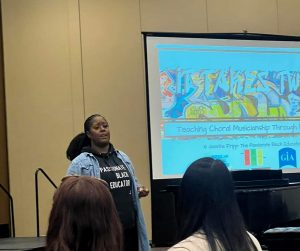 Soon after her post traveled wide, Fripp was speaking on podcasts and headlining conferences. Additional social media posts followed, and she signed one as “A Passionate Black Educator.” Since then, the name stuck.
Soon after her post traveled wide, Fripp was speaking on podcasts and headlining conferences. Additional social media posts followed, and she signed one as “A Passionate Black Educator.” Since then, the name stuck.
Now, in addition to her job as director of choral activities and general music at KIPP Academy Nashville — a public charter school in Tennessee’s capital city — Fripp travels around the country working with colleges, universities, professional organizations and school districts as The Passionate Black Educator. She helps them to implement anti-racist, healing-centered music curriculum. Meanwhile, Fripp has been nominated for the GRAMMY Music Educator Award — in 2022 and 2023. Out of 2,000 nominees each year, she made the top 200.
Creating Anti-Racist Classrooms
Every day, Fripp works to integrate anti-racist principles into her music classes, where she often fuses hip-hop with choral music. She is a big advocate for building relationships with students, and she says that Black kids especially thrive on relationships.
“You would think that this is common among educators but it’s not,” Fripp says. “To me, you can’t teach students without building relationships with them. I always refer to this Theodore Roosevelt quote: ‘No one cares how much you know until they know how much you care.’”
Another thing Fripp aims to do for her students is “ensure that they see themselves as beautiful.” She doesn’t limit her repertoire to mainstream pop or classical. She also uses choral music from Africa, written by composers of color.
“I find different ways to show my kids that they belong in music,” Fripp says. “I also use my music to show the educational value in it. … I like showing them that their music is educational — music they like.”
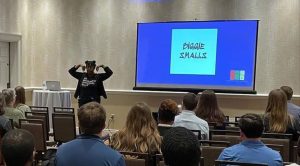
Another anti-racist practice is allowing students to voice their opinions, even when they differ, Fripp says. “I use student voice and I try to center my students as much as possible, which is an anti-racist tool,” she says. “We don’t necessarily have all the same experiences. My thought process may be a tad bit different.”
Fripp says she often has “family talks” with her students, with an open-door policy for questions and feedback. “To me and multiple music educators, that small gesture alone teaches students to advocate for themselves,” she says.
Outside of nurturing students at KIPP, Fripp enjoys traveling to speak at schools and conferences like the Texas Music Educators Association to help them become more anti-racist in their music education.
“Wherever I’m wanted and needed, I go there, and I impart this information into other educators,” she says. “I don’t keep this information to myself. I also coach them one-on-one when asked to.”
Meaningful Results and Advice
At KIPP, where Fripp is the fifth choir teacher the school hired in as many years, colleagues say they are excited to see students so passionate about choir. “It means a lot to my kids, especially coming from the communities where they live,” she says.
As for teachers outside of her own school, regardless of their race, many have expressed gratitude to Fripp for educating them. “I’m an open resource to them,” she says. “It truly means a lot.”
For fellow Black music teachers, Fripp’s work has been inspiring and given them a voice, she says. “It’s not that Black educators don’t want to speak about the discrimination that they sense within the field of music education, but they are tired of having to have a conversation,” Fripp says.
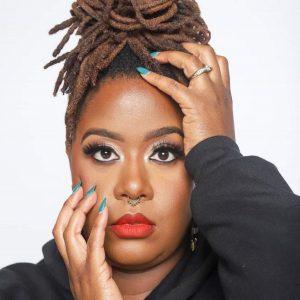 She offers some tips to fellow music teachers. For people of color, she says, be proactive and speak up about your needs by getting involved with professional organizations and attending board meetings. “Don’t be afraid to use your voice, because you’re giving voice to the voiceless.” Fripp says.
She offers some tips to fellow music teachers. For people of color, she says, be proactive and speak up about your needs by getting involved with professional organizations and attending board meetings. “Don’t be afraid to use your voice, because you’re giving voice to the voiceless.” Fripp says.
To white teachers who are challenged to make diversity-based changes, she offers this pledge: “It’s uncomfortable, but I promise that this fight for diversity is not about shutting out your values and music.”
Fripp continues, “It’s about including all music so everyone can be seen as beautiful.” Then students can get a “holistic and well-rounded, quality music education.”
Someday, Fripp, who was recognized as a 2023 Yamaha “40 under 40” music educator, hopes to open her own school of performing arts for mostly Black students and students of color. But she is enjoying her current job and thriving.
“Short term, I just want to become the best educator I can possibly be,” she says. “But eventually I will stand alone and start a business where I hire people of color. Right now, I’m just enjoying the experience of just getting better.”










